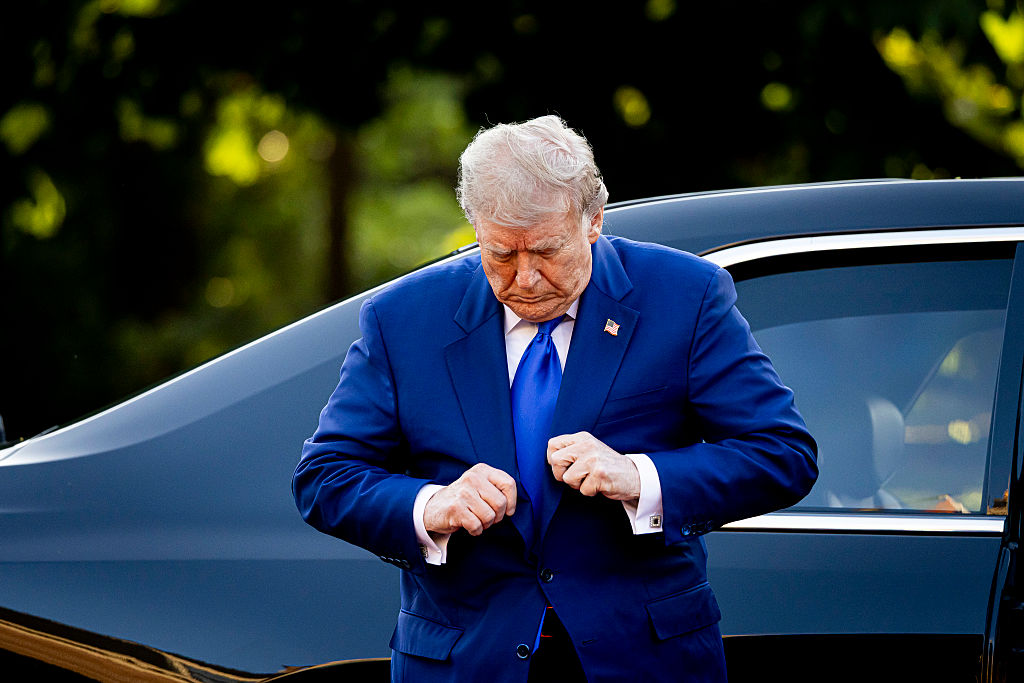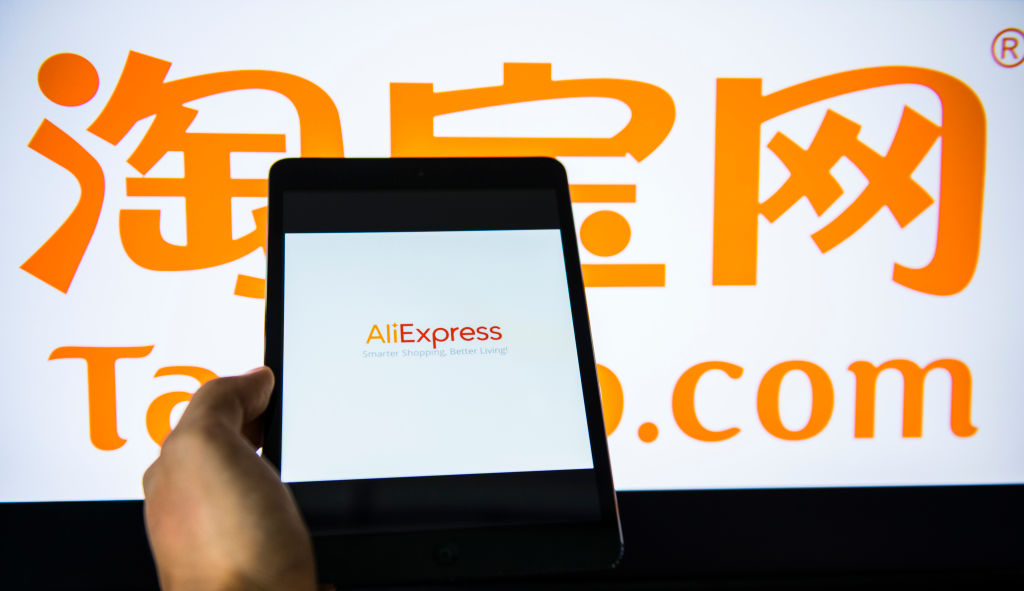NATO countries have agreed to vastly ramp up their defence spending to satisfy US President Donald Trump.
He hailed it as a “monumental win” for his country and one that reaffirmed its commitment to protect its European allies.
Trump cut a jubilant figure late on June 25 after NATO’s 32 members agreed to his headline target of 5 per cent of GDP on defence spending following lengthy talks in The Hague.
Taking credit for a “fantastic” outcome that “no one really thought possible”, he described the spending hike as “a monumental win for the United States”, according to AFP.
“They said ‘you did it, sir’,” he told a news conference. “Well I don’t know if I did it – but I think I did.”
While signing off on the target on paper, though, Spain said it thought it could fulfil NATO’s demands while spending less – earning a fresh rebuke from Trump, who threatened to hit its trade interests in response, Reuters reported.
He said Spain’s refusal to meet the NATO defence spending target of 5 per cent of gross domestic product would mean a tougher trade deal for the country.
Trump said it was “terrible” that Spain would not commit to meeting the target by 2035.
“You know they are doing very well. The economy is [doing] very well. And that economy could be blown right out of the water with something bad happening,” he said.
“You know what we’re going to do? We’re negotiating with Spain on a trade deal and we’re going to make them pay twice as much — and I’m actually serious about that.
“I like Spain … it’s a great place and they are great people but Spain is the only country out of all of the countries that refuses to pay,” he continued.
“So, they want a little bit of a free ride but they will have to pay it back to us on trade because I am not going to let that happen. It’s unfair,” Trump said.
Spanish Prime Minister Pedro Sánchez said Madrid considered current defence spending of 2 per cent of GDP as “sufficient, realistic and compatible with the welfare state”.

He also reportedly thanked NATO allies for “respecting Spain’s sovereignty”.
A Spanish Government spokesperson was not immediately available when contacted by CNBC.
In a joint declaration following the summit, the Western military bloc said it was “united in the face of profound security threats and challenges”, in particular the long-term threat posed by Russia to European-Atlantic security and the “persistent threat” of terrorism.
NATO’s chief Mark Rutte heaped praise on Trump and gave him the credit for the NATO sign-off: “America expects European allies and Canada to contribute more. And that is exactly what we see them doing,” he said, according to the BBC.

The US President hailed it as a personal triumph, saying NATO was no longer a rip-off. “We were carrying much more than our fair share. It was quite unfair actually.
“But this is a big win for Europe and for actually Western civilisation.”
Underlining the Britain’s commitment to the US and the alliance, UK Prime Minister Keir Starmer confirmed the country would purchase US jets – capable of carrying US-owned and controlled tactical nuclear weapons.
It marked the return of the UK’s Royal Air Force to nuclear deterrence for the first time in three decades, representing the “biggest strengthening of our deterrence posture in a generation”, Starmer said.

In a reassuring move for European allies worried over the threat from Russia, Trump signed off the final leaders’ declaration confirming “our ironclad commitment” to NATO’s collective defence pledge that an attack on one is an attack on all, Reuters reported.
NATO allies backed the spending increase to help counter a growing threat from Russia but also – crucially – to keep Trump engaged, with the President repeatedly suggesting Washington could withhold protection from lower-paying allies in Europe.
The deal appeared – for now at least – to have laid those gripes to rest, although maybe not for Spain.
The compromise hatched by NATO saw countries promise to dedicate 3.5 per cent of GDP to core military spending by 2035, and a further 1.5 per cent to broader security-related areas such as infrastructure.
Everything was choreographed at the gathering in The Hague to keep the volatile US President on board: From chopping back the official part of the meeting to putting him up overnight in the royal palace.
Underpinning the leaders’ discussions on defence was Moscow’s invasion of Ukraine and in another sop to the demands of allies the US allowed NATO to refer to the “long-term threat posed by Russia to Euro-Atlantic security” in the communique.
Although its language was watered down from previous years, the declaration also said allies would continue to support Ukraine “whose security contributes to ours” and could use money from the new spending pledge to fund military aid for Kyiv.
Ukraine’s President Volodymyr Zelensky played a less central role here than at previous summits – with leaders wary of any bust-up after his infamous Oval Office shouting match with Trump, according to AFP.
But the US President did meet the war-torn country’s leader on the summit sidelines, declaring afterwards the encounter “couldn’t have been nicer” and Zelensky hailed a “substantive” meeting.

Trump lamented the “horrible situation” in Ukraine, claiming the country had “lost 7,000 soldiers in the past week” and that “life is disappearing” in the face of Russian attacks.
The US President went on to say of his conversation with Zelensky: “We had a little rough times sometimes but he couldn’t have been nicer” in an apparent reference to their bust up in the Oval Office, the BBC reported.
Trump also said he was talking to Russian President Vladimir Putin about the war, saying: “I think progress is being made.”
That said, despite the insistence by Rutte that Ukraine’s bid for membership remained “irreversible”, the summit statement avoided any mention of Kyiv’s push to join after Trump ruled it out.
He had rattled allies on the summit’s eve by appearing to cast some doubt on the validity of NATO’s mutual defence clause – known as Article Five of the alliance treaty.
But the pledge was reaffirmed unequivocally in the summit’s final statement – and Trump drove the point home at his closing press conference, AFP said.
“I came here because it was something I’m supposed to be doing,” he said when pressed on Article Five.
“But I left here a little bit differently,” added the US leader – who was visibly delighted at the red carpet welcome and the praise lavished on him by Rutte among others.
“Without the United States, they couldn’t really have NATO. Wouldn’t work,” Trump said.
“It will in the future, because now they’re paying much more money.”





